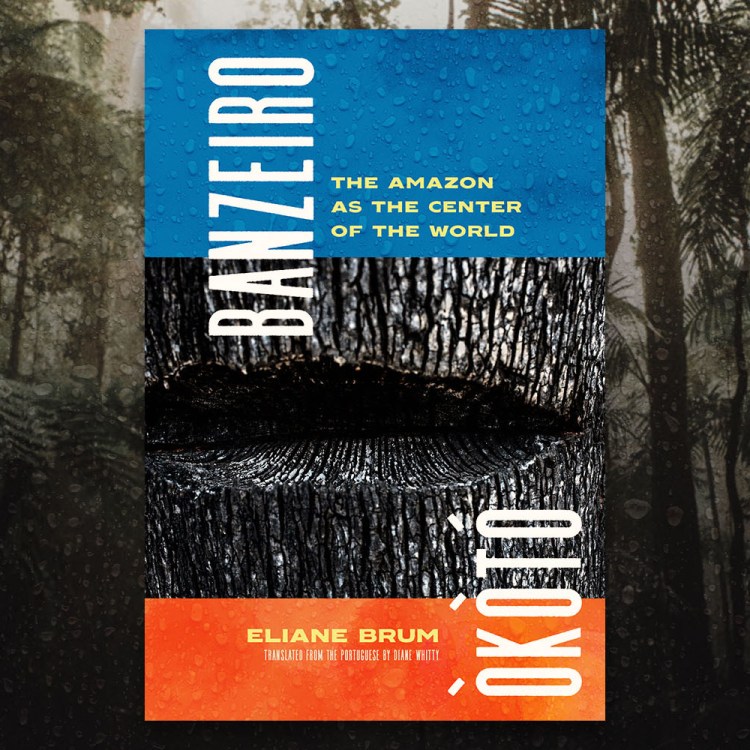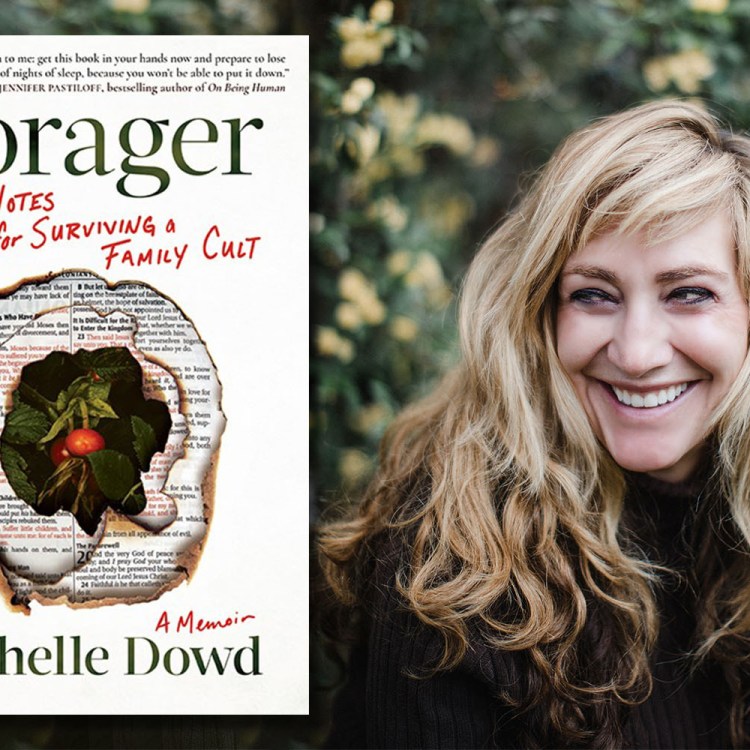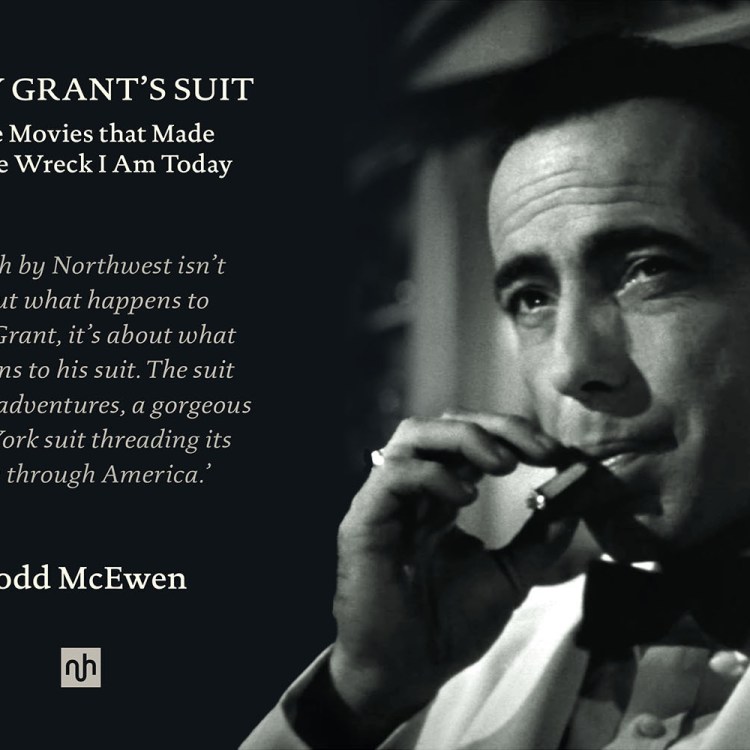~ONE~
West 49th Street between Fifth and Sixth Avenues, Manhattan
HER STORY, HIS TROUBLE, BEGINS IN DESIRE. He was walking with Jennifer Mehraz, in a rush. She’d been late to his office, and he’d waited outside until the last minute, then three minutes more until she arrived, swishing in wearing a blue summer dress. “Oh, Paul, I couldn’t get a cab—“ And so on. We must hurry. Now they were cutting through Rockefeller Center, where the Friday lunchtime crowds were out, men in their shirtsleeves, women letting the September sun hit their legs, eating their expensive sandwiches, smoking, phoning, texting, watching and being watched. They didn’t much see him but they definitely noticed Jennifer.
“You can just go right in?” She took long steps in her heels, the wind pushing against her dress. “You don’t need a ticket or something?”
“Only if you’re bidding.”
“Will you bid?”
Paul nodded. “Absolutely.”
“Will you win?”
“I better.”
She hurried to keep up. “Do you always win?”
“No. But I don’t often lose.”
They crossed 49th Street, passing the limo drivers parked at the curb, smoking in the time-wasting, disconsolate way that they do, and entered the Christie’s plaza.
“Just follow me,” Paul told her as they pushed through the glass doors of the auction house. He collected his white bidding paddle at the desk and they proceeded to an elegant theater where he found two seats for them a third of the way down and close to the aisle—he preferred not to be too far forward, so that his competitors wouldn’t sit behind him.
Around them sat the crowd one sees at Christie’s: rich people or their play-acting representatives. He’d been going for more than twenty years now, ever since his days as an associate in an elephantine law firm seven blocks away, wondering how long it would be before he was fired for laziness or incompetence. The Christie’s staff had seen him often enough through the years that they frequently would nod; he was, however, merely another pilgrim to the house of treasure, where the wonders of the world passed by every day, miracles owned by kings, emperors, presidents, moguls, thieves, fanatics, and visionaries, often never to be seen publicly again in the same century or ever. He wasn’t so interested in Picassos or Elizabeth Taylor’s jewels or the occasional Stradivarius. The latest da Vinci manuscript or Qing dynasty porcelain bowl left him cold. There was only one thing for Paul, and one thing only—old maps of New York City. He was a collector. How many maps did he own? Too many. Most worth not much and few worth quite a bit. And that day at Christie’s some superb maps were going on the block, including one he’d tracked for years.
Jennifer watched as the tuxedoed auctioneer adjusted his microphone; meanwhile several wealthy older women inspected her from the row behind. Perhaps they were there to see their own heirlooms sell. A number of the old New York City fortunes had been wiped out in recent years, not that the world cared much or should. It seemed, however, that the women disapproved of Jennifer—too blonde? Too much leg? Too much shoulder? The diamond on her finger too glitteringly huge?—and scrutinized the both of them closely, wondering if she were Paul’s young wife or a mistress. The city was full of mistresses, though few people cared to note that fact. And perhaps Paul looked the type—a bit of the boulevardier, the charming lout lucky to still have his hair, they were probably thinking, a worldly squint in his eyes. But definitely not loaded. Has some money but not big money. Shoes not quite good enough, and that watch looks cheap. Rumpled and wrinkled, his best years already behind him, their appraisals made with practiced and devastating accuracy. Yet the women’s scrutiny seemed more focused on Jennifer; they could sense that she was not born into the world of money but had pushed or pulled or moaned her way into it. Or maybe they studied her coldly just because she was young, as once they had been.
Jennifer was checking her phone. “Ahmed says hello.”
“Where is he?”
“Somewhere on the Atlantic Ocean.”
“When’s he get home?”
“Sunday. Then we have the benefit the next night, remember?”
“I bought my tickets.”
“But you’d rather not go?”
He hated everything about fancy dinners, including the beginnings, middles, and ends. But Jennifer and her husband were his neighbors across the hall, having become one of those wealthy young couples who kept up a busy schedule, with corporate socializing and charity events three nights a week when Ahmed wasn’t jetting off to do yet another deal.
“Well?” she prodded.
“I used to go these things, back in the day.”
“And?”
“The shrimp is usually pretty good.”
She leaned against him, and he smelled her perfume. “Paul, you might have actual fun, you know . . . maybe you’ll see an old flamer-roo.” She took the white numbered paddle from his hand and inspected it, gave it an experimental wave, her gold bangle bracelets clanking softly. “Will Rachel be there?”
“She will, indeed.”
“Right, she can’t let you float around unescorted.”
She flashed him a wicked little grin that pierced him completely. Then again, he had been pierced completely by women any number of times and yet lived to tell the tale. After his second divorce, he’d bounced and bumped his way from one woman to another. He seemed to have lost the marriage knack; it hadn’t been pretty.
“Wait, who are they?” Jennifer pointed at a trio of fussy-looking middle-aged men just arrived, who Paul recognized as cold-blooded antiquities dealers from Paris, Shanghai, and Dubai. “They look sneaky,” she said.
“Pretending not to be.”
She wasn’t as quite wide-eyed as a year earlier, when she and Ahmed had moved in across from him. Learning fast, as you do on the way up. Ahmed was elevatoring toward the top, as one should, having graduated from Yale at age twenty and from Harvard’s business and law schools at twenty-four, now a hybrid financier-lawyer. Serious high-powered intellect, no doubt about that. Full of himself, a world-beater in a city full of them. He had turned down three attempts by Goldman-Sachs to hire him. Now thirty-two, Ahmed had made partner in five years—almost unheard of in New York—and jetted around the world doing deals, fronting the money for much older men, who preferred to remain unseen. Paul had studied him, from an oblique angle. Maybe that was why he’d agreed to go to the wretched benefit, to watch the newest players in the theater of wealth and ambition, with Ahmed one of the fresh leading men. In effect, Ahmed was no longer working for one entity but several at once, straddling the liquid intersection points of investment banks, energy companies, and sovereign governments. He was already making a boatload of money. He didn’t like Paul much, and considered Paul’s branch of law—employment and immigration—tedious small-ball, more or less akin to the manual labor done by the uniformed service workers who cleaned his office each evening. Was Ahmed wrong? No.
Oh, but the real reason he doesn’t like me, thought Paul, is that I understand his wife better that he does; Paul knew where she came from, understood what her last few freckles and faintly nasal Pennsylvania accent meant. He doubted Ahmed had ever seen her hometown of Reading, Pa., having grown up in a rich ex-pat Iranian family in Los Angeles, where the Mehraz family now owned a regional bank and a great deal of commercial real estate. He seemed in a hurry to be the first Iranian-American senator or governor, for which an American-born wife was a prerequisite. But those positions would come years from now, long after his fortune had been banked, his reputation made. Tall and slender without being delicate, his black hair pushed straight back, Ahmed looked both elegant and powerful. And as he aged he would appear even more so. Older men had already started to fear him; Paul had seen as much at the parties, the men watching Ahmed’s eyes for a sign of approval, the invisible wires of their anxieties yanking their weathered faces into a grin at his smallest conversational niceties, or nodding when there was no reason to nod. Yes, when the old men fear the young men, take notice, pal.
The auction was announced. He reminded Jennifer they were required to turn off their phones so as not to be able to communicate with confederates in shill bidding.
She handed him the paddle. “Better take this away from me before I do something outrageous.” She looked into his eyes. “Would you’ve left without me if I hadn’t shown up at your office?”
“Yes.”
“Really? But I’m your date.” She gazed at him and he saw in her bright eyes a swirl of sexual amusement and yet confusion at her place in the world. “Really?” she repeated.
But he was scanning the crowd for competitors, noting some fellow worshipers as well as a smattering of local investors who speculated in rare maps or bought them for their business clientele, rare maps now seen as a legitimate hedge against inflation the same way that collectible coins or fine art were bought to diversify investment portfolios. They all knew each other in their fiendish little world, these greedily obsessive hoarders, these fetishizers of ancient ink and paper; they saw each other at the map collecting societies, they trailed through the over-priced Manhattan galleries asking casually if the runners had found anything interesting in the estate auctions in New England, the South, the Midwest. Whether anything extraordinary had turned up. As it always did, sooner or later!
What drove such fanaticism? The end of paper. People had always collected maps, but now the world felt a great silent death transpiring. It was said that one of the oil-soaked Saudi princes had lost his head and was buying up any and all maps of the Middle East, any document showing land from the Suez Canal to the far shores of Oman. Price no object, of course. Millions upon millions. Had even quietly approached the British Museum, for their priceless military maps of Arabia, and may not have been rebuffed. So, too were the young Chinese moguls buying up maps of China, especially the eastern coast, where so much had changed over the last thirty years—rivers moved, shorelines filled in, mountains pulverized. American collectors from the west tended to like the huge multi-colored maps of Texas, with its shifting borders, and interior regions marked as the territories of Apache or Comanche Indians, and most especially, the various maps prior to 1740 that showed California as an island. But across the world, the common element was the demise of paper. Now maps were pure digital information, pixilated sat-photo hybrids, ever more brilliantly interactive and throbbingly detailed. Zoom-in, zoom-out. But no matter how dense they were with glittering up-to-the-minute information, these maps were not tangible. No practiced hand had made them. No weak-eyed wretch had pressed an irregular sheet of rag paper upon an ink-rolled copper plate. Paul couldn’t touch them or feel them; continuously updated, they preserved nothing.
Against this onslaught of time, he collected maps of New York City. Was it he because he had spent his life there? Oh, Paul, he was just past fifty now, old to be haunted by memory late at night, alone in bed and listening to the sirens rush away in the far streets, old enough that some of his maps, those few from the late 20th century and beyond, represented landscapes where he himself had once stood. A boy attending public school in Brooklyn, riding the graffiti slathered subways in the 1970s. A young college student at Columbia panting after the Barnard girls. A freshly minted lawyer, putting in the long hours, still interested in keeping his shoes shined. But in the main the New York City his maps held was lost both to time and to all living memory. He could only console himself by inspecting them closely with his magnifying eyeglasses, made for surgeons, 6x, ordered from Germany. He would gaze at such maps then lift his eyes to the window and see what had become of those same places, the glass city built atop the iron city built atop the brick city built over wooden structures held together with pegs and four-sided iron nails. For that is what New York is, a never completed masterwork, torn down even it is resurrected, each minute populated by a different swarm of humanity streaming in and out through the bridges and tunnels—
—which was how Jennifer Mehraz had first appeared in New York City. Still Jenny Hayes then, she’d arrived from Reading, Pa., on a Greyhound bus that passed through the Lincoln Tunnel, her luggage consisting of a battered duffel and a backpack. Reading was an unremarkable small city, but deeply American. He’d been there. Yes, sir. Poor and old, the factories empty or torn down. Surrounded by cornfields and new subdivisions. It had a minor league baseball team and men who fixed tractors-trailers and obese retired people eating breakfast at McDonald’s. And yet from time to time a stunning and privately troubled girl grows up in a place like Reading, Pa., and only slightly less frequently does she leave to seek her future in Los Angeles, New York, Las Vegas . . . the big towns, where the light and noise, the distant mountains of money, are to be found. The more beautiful the girls, the more volatile their destinies. The world always has uses for them, especially ones who have no advantage other than their beauty, no education, no money, no family. . . who have already measured the distance between themselves and desperation. He’d met a number over the years, especially between marriages I and II and had seen how tough and lonely they often were. Carrying around big holes inside, marked UNEMPLOYED FATHER, MOTHER ADDICTED TO PILLS, SISTER’S BOYFRIEND SELLS METH, or some such. He and Jennifer had discussed how she’d grown up, and he’d wondered if her desire to talk to him was due to her awareness that walls were quickly going up around her, that year by year she would be more completely defined by Ahmed’s identity and wealth and position, carried ever that much further away from where she’d come. Her mother had been a town beauty who’d married the wrong man a couple of different times. Jennifer never spoke to her now. And it was this past, she’d admitted, that she tended not to describe in detail for Ahmed, because doing so made him look at her a certain way. She’d learned to tell people she’d “studied at Penn State” before coming to New York to look for work. Technically, this was true, but there was an unexplained gap of about two years between the time she arrived in New York and the day she’d met Ahmed. Did Ahmed know much about those years? His guess was no.
This article was featured in the InsideHook newsletter. Sign up now.





















